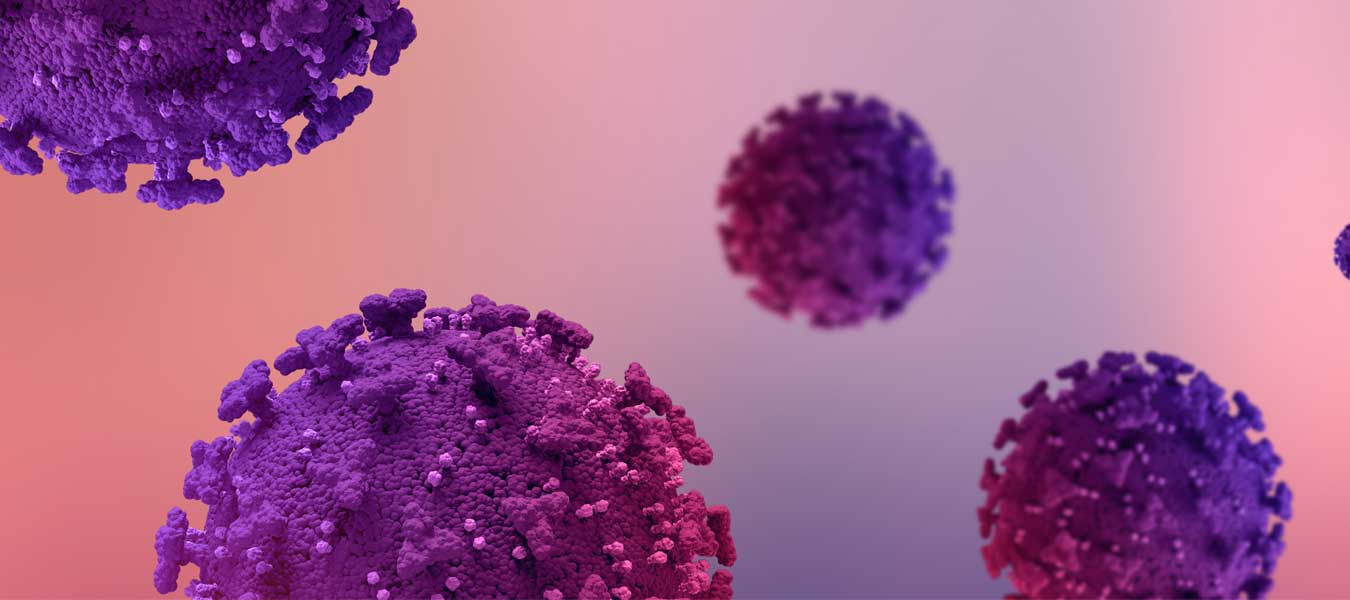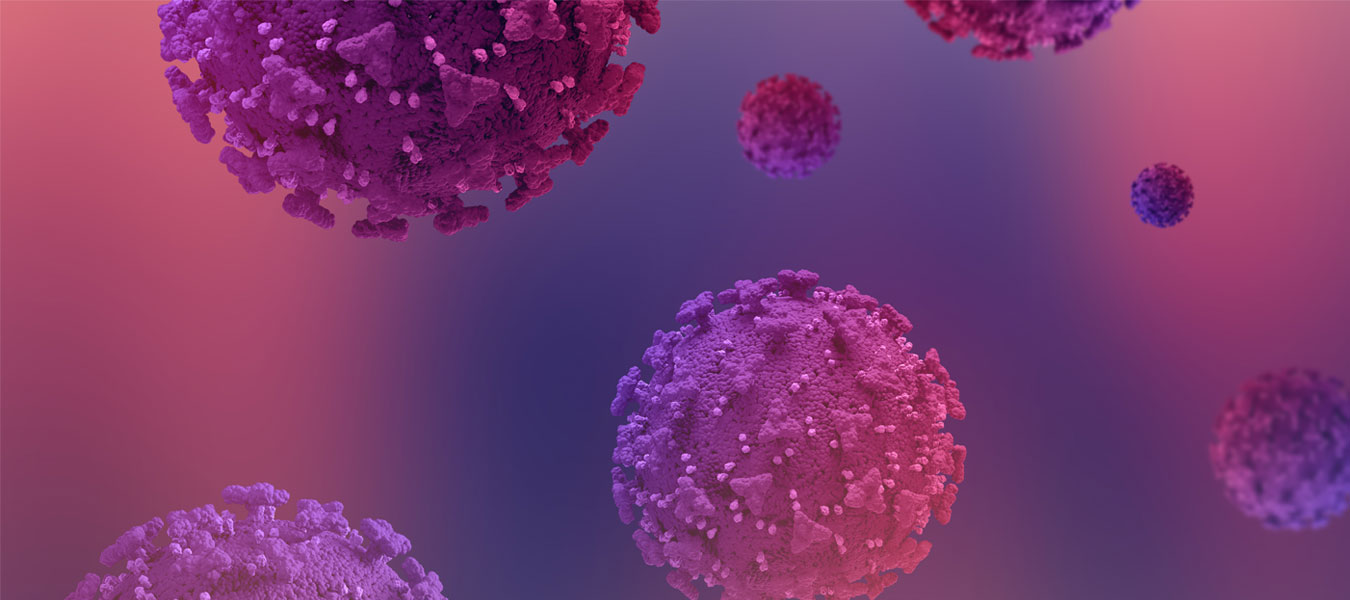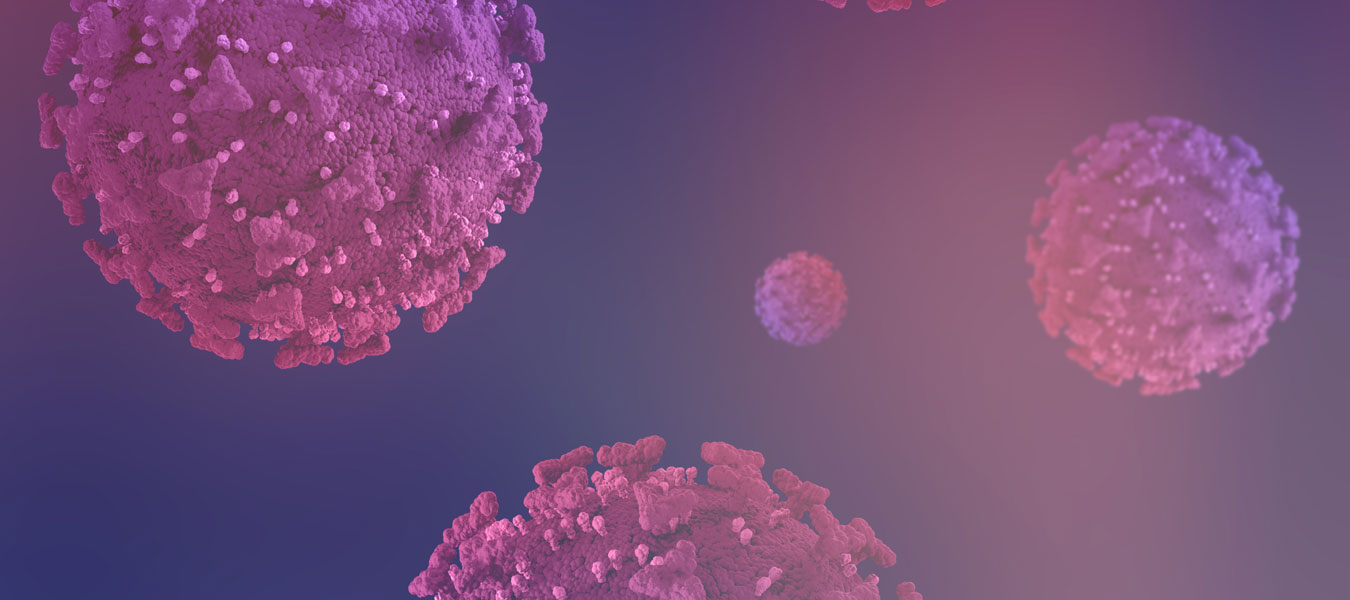Inflammation
1. COVID19
This project started before the COVID19 pandemics out of our interest in multisystemic inflammatory response. While studing cellular stress in several animal models, we uncovered an unexpected application of 4-PBA in respiratory insufficiency. We discovered that decreasing stress signals would benefit the respiratory functions by diminishing inflammation. This work led to a project where we applied 4-PBA as a therapy for respiratory insufficiency and thus, our current connection with a treatment for severe cases of COVID19 as well as any other disease that mediates with cytokine release syndrome. Our preliminary work led us to publish an article about this treatment as well as the means to predict severity in COVID19 patients (Csukasi et al 2020. CGFR) and to investigate the repositioning of 4-PBA as a treatment for severe cases of COVID19 and stress markers as predictors of severity output during the infections (Ips: Ivan Duran and Fabiana Csukasi). Currently this project is also targeting repositioning chemical chaperones for other diseases that involve Cytokine Release or Cytokine storm syndrome.
2. Inflammation Biomarkers
Part of our research in risk groups for COVID19 has led us to develop new biomarkers of stress based in stress molecules like BiP and cytokine panels. This research will help to predict the gravity of the outcome of acute inflammatory syndromes like COVID19 and other infections that curse with cytokine storm.
3. Chronic inflammation disease
Chronic inflammation is synonimous of pain and health degeneration. It connects a specific pathology like bone disease with a multisystemic effect. Two of the goals of our lab are to tackle skeletal disease by controling their inflammatory response. These set of pathological process and symptoms are particularly relevant in articular cartilage during degenerative and tissue damage in joints. This project binds several of our signaling pathways studies into precision treatments with models of organoid inflammation and arthritis in vivo.

1. COVID19
This project started before the COVID19 pandemics out of our interest in inflammatory response in respiratory diseases. During our cellular stress studies in several animal models, we uncovered an unexpected application of 4-PBA in respiratory insufficiency. We discovered that decreasing the stress signals would benefit the respiratory functions by diminishing inflammation. This work led to a patent for 4-PBA as a therapy for respiratory insufficiency and our current connection with a treatment for severe cases of COVID19 as well as any other disease that mediates with cytokine release syndrome. Our preliminary work led us to publish an article about this treatment as well as the means to predict severity in COVID19 patients (Csukasi et al 2020. CGFR) and to investigate the repositioning of 4-PBA as a treatment for severe cases of COVID19 and stress markers as predictors of severity output during the infections (Ips: Ivan Duran and Fabiana Csukasi). Currently this project is also targeting repositioning chemical chaperones for other diseases that involve Cytokine Release or Cytokine storm syndrome.

2. Inflammation Biomarkers
Part of our research in risk groups for COVID19 has led us to develop new biomarkers of stress based in stress molecules like BiP and cytokine panels. This research will help to predict the gravity of the outcome of acute inflammatory syndromes like COVID19 and other infections that curse with cytokine storm.

3. Chronic inflammation disease
Two of the goals of our lab are to tackle skeletal disease and inflammatory response. These set of pathological process and symptoms are particularly relevant in articular cartilage during degenerative and tissue damage in joints. This project binds several of our signaling pathways studies into precision treatments with models of organoid inflammation and arthritis in vivo.
